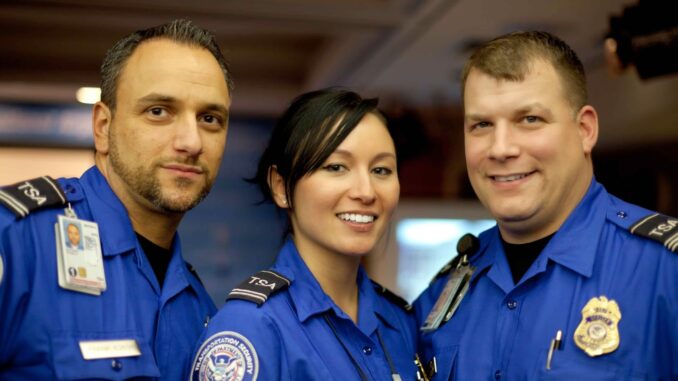
(The Center Square) – A looming partial shutdown of the federal government could potentially furlough thousands of workers and disrupt certain services ahead of the busy holiday season, including air travel security, Social Security processing and access to national parks, as Congress faces a Friday deadline to pass a funding measure.
Lawmakers remained divided on a potential funding bill Friday morning with disagreements over spending priorities continuing to fuel the conflict.
If lawmakers fail to agree, federal agencies will partially or fully close, leaving non-essential employees furloughed without pay until a deal is reached. Congress has until midnight Friday to pass a bill for President Joe Biden to sign or face a shutdown.
“If there is going to be a shutdown of government, let it begin now, under the Biden Administration, not after January 20th, under ‘TRUMP,’” President-Elect Donald Trump posted on Truth Social. “This is a Biden problem to solve, but if Republicans can help solve it, they will!”
The number of federal workers furloughed during the 2014 shutdown peaked at 850,000, according to the Congressional Budget Office. Additionally, private firms that held federal contracts furloughed or laid off an unknown number of workers due to the shutdown.
Social Security checks will still be issued because funding for those payments is mandatory, but some administrative duties, such as processing new applications and handling inquiries, could potentially slow significantly. Medicaid and Medicare services would continue, but face-to-face support staff may be affected.
Air traffic controllers, Transportation Security Administration officers, and Customs and Border Protection agents would remain on the job without pay.
TSA Administrator David Pekoske said the agency plans to screen 40 million passengers despite the shutdown.
“At TSA, part of DHS, about 59,000 of the agency’s 62,000+ employees are considered essential and would continue working without pay in the event of a shutdown,” he wrote on X. “We expect to screen 40M passengers over the holidays and through January 2.”
He said that while TSA personnel are prepared to handle the incoming high volumes of travelers, customers need to “be aware that an extended shutdown could mean longer wait times at airports.”
Veteran Affairs medical facilities will remain operational, but other services, such as education and job training, support for veteran-owned businesses, and even assistance for homeless veterans, could be affected.
National parks and federally managed recreation areas could close or operate with reduced services, frustrating holiday travelers and local economies that rely on tourism. During the 2018-2019 government shutdown, parks remained open but were largely unstaffed, which led to overflowing trash, damaged facilities and safety concerns.
That shutdown started on Dec. 22, 2018, and lasted until Jan. 25, 2019. According to the Congressional Budget Office, it cost the U.S. economy $3 billion, which it never regained.
The House voted against the stopgap bill presented to the floor Thursday evening by U.S. House Speaker Mike Johnson, R-La., face opposition from both Democrats and Republicans. The measure, which would have avoided a government shutdown, would have funded the government through March, allocated roughly $100 billion in disaster relief, extended the farm bill for a year, and suspended the debt ceiling until January 2027.


